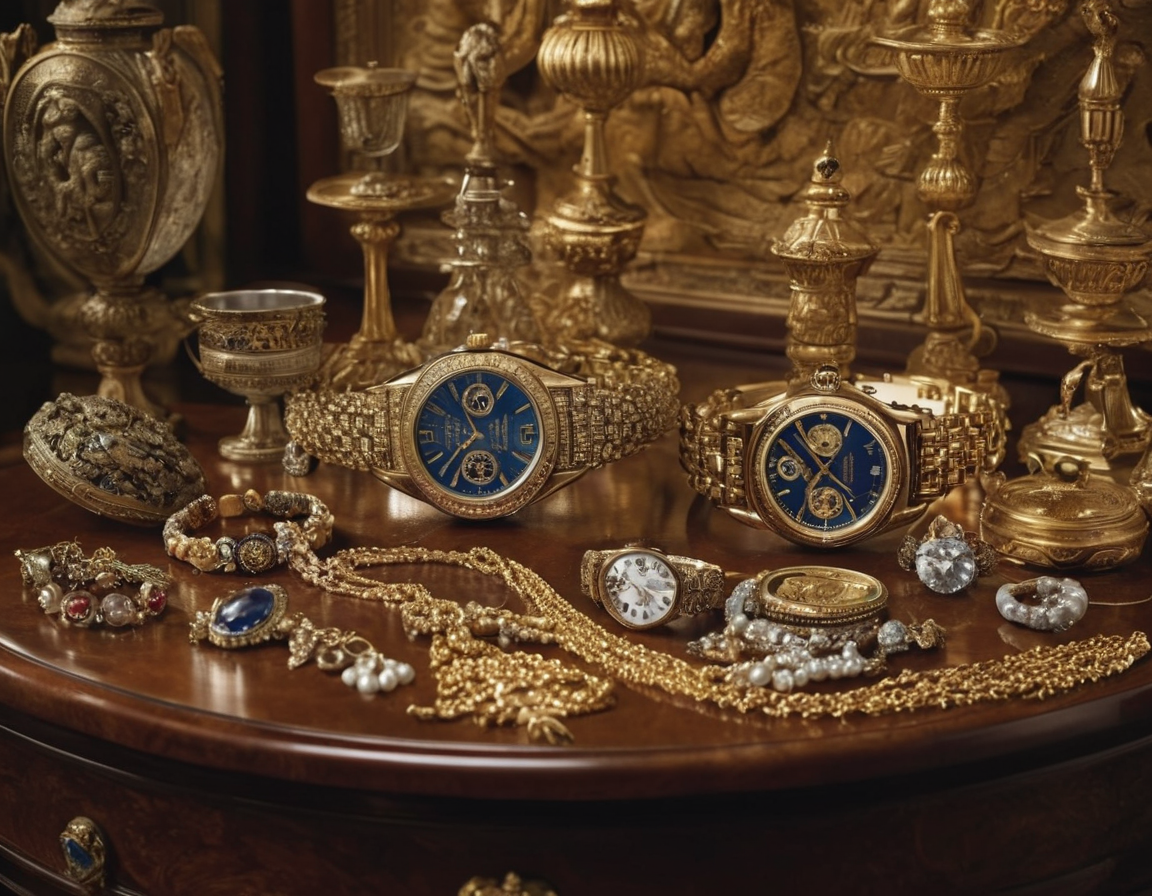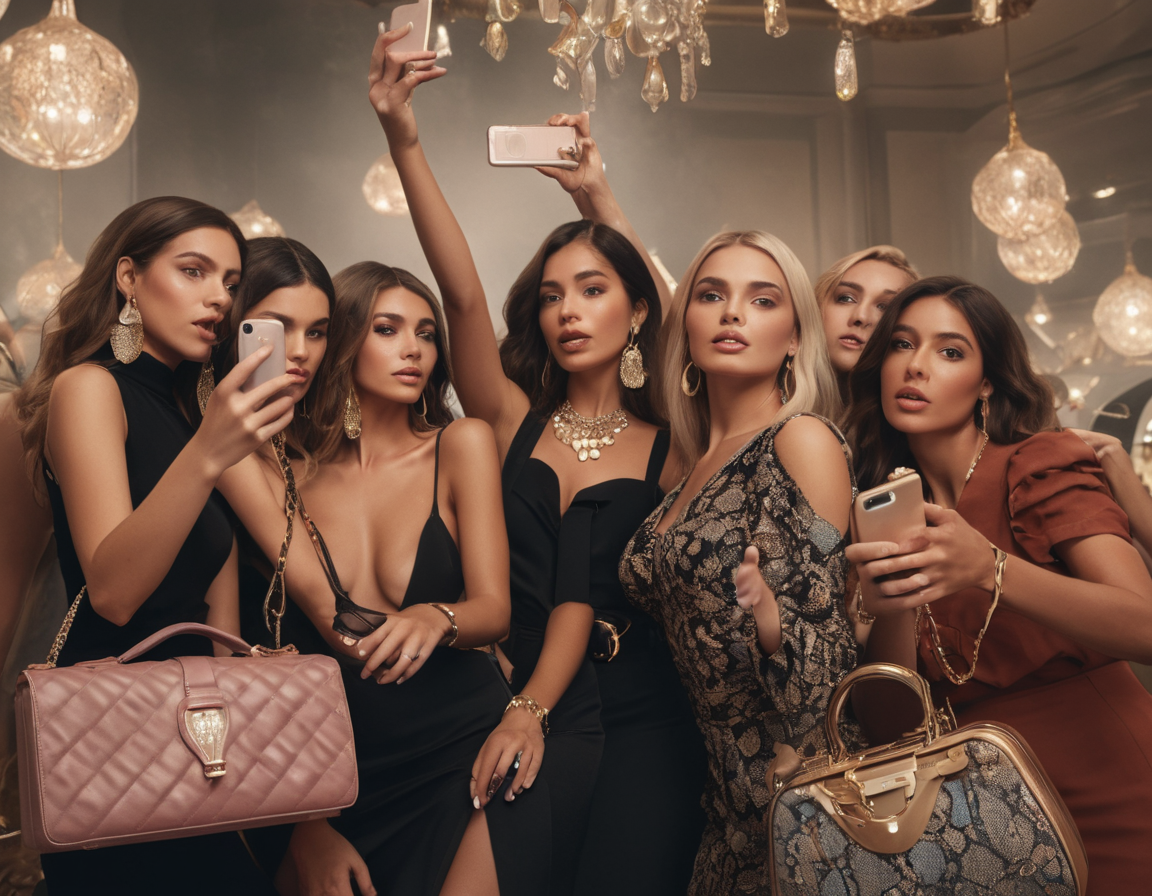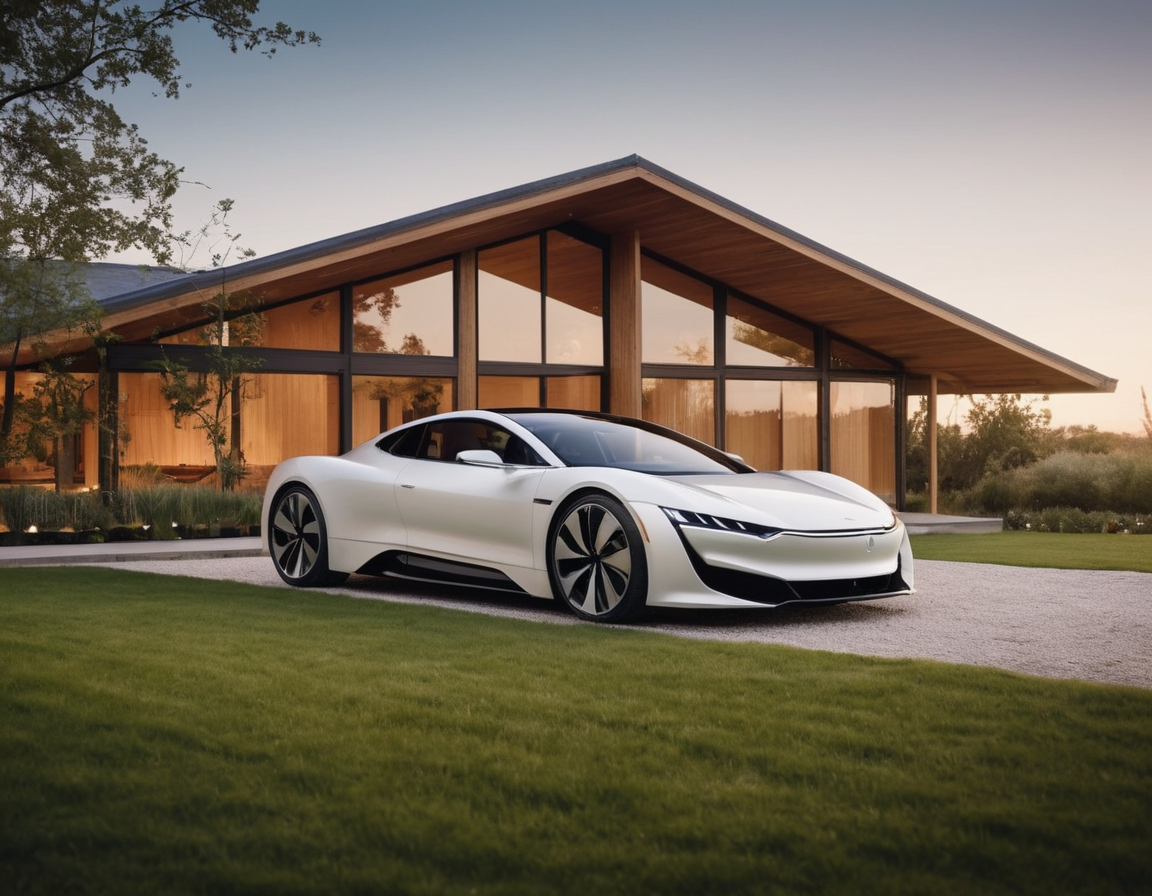Embracing the ‘Rich Flex’: How Luxurious Displays Influence Modern Culture
Embracing the ‘Rich Flex’: The Rise of Opulent Displays in Modern Culture
In a world where social media platforms act as stages for self-expression, a phenomenon known as the ‘rich flex’ has emerged, characterized by the flamboyant display of wealth and luxury. But what does this trend reveal about contemporary society, and how does it shape our values and aspirations?
Background: The Evolution of Status Symbols
Historically, status symbols have shifted in response to cultural and economic changes. From the ornate jewelry of ancient empires to today’s luxury sports cars, these symbols serve as signifiers of wealth and social standing. The digital era has amplified this expression, with social media becoming a canvas for the ‘rich flex.’

Current Relevance: Social Media and the ‘Rich Flex’
In the current landscape, social networking sites have become hotspots for flaunting affluence through images of luxury goods, exclusive vacations, and high-end lifestyles—the modern-day ‘rich flex.’ In doing so, these platforms shape our perception of success and desirability.
Expert Opinions: The Psychology Behind ‘Rich Flexing’
Psychologists analyze the ‘rich flex’ as a means to assert dominance or seek validation. The desire to impress peers and elevate social standing drives individuals to project an image of prosperity, often magnifying wealth through carefully curated posts.

Real-world Impact: Economic and Social Effects
Beyond digital impressions, the ‘rich flex’ trend has tangible implications. It influences consumer behavior, with people striving for luxury not just for personal enjoyment, but also for social clout. This pursuit can stimulate economies but also perpetuate social inequalities.
Future Outlook: Sustainable Luxury and Mindful Consumption
Moving forward, conversations about sustainability and ethical consumption are starting to intersect with the concept of luxury. The ‘rich flex’ may evolve as society embraces a more conscious approach to wealth display, favoring meaningful experiences over material possessions.

As we navigate the complexities of the ‘rich flex’ and its place in our digital personas, it’s worth contemplating the broader consequences of this cultural phenomenon. Is it merely a harmless form of self-expression, or does it signal a deeper need for societal introspection?






